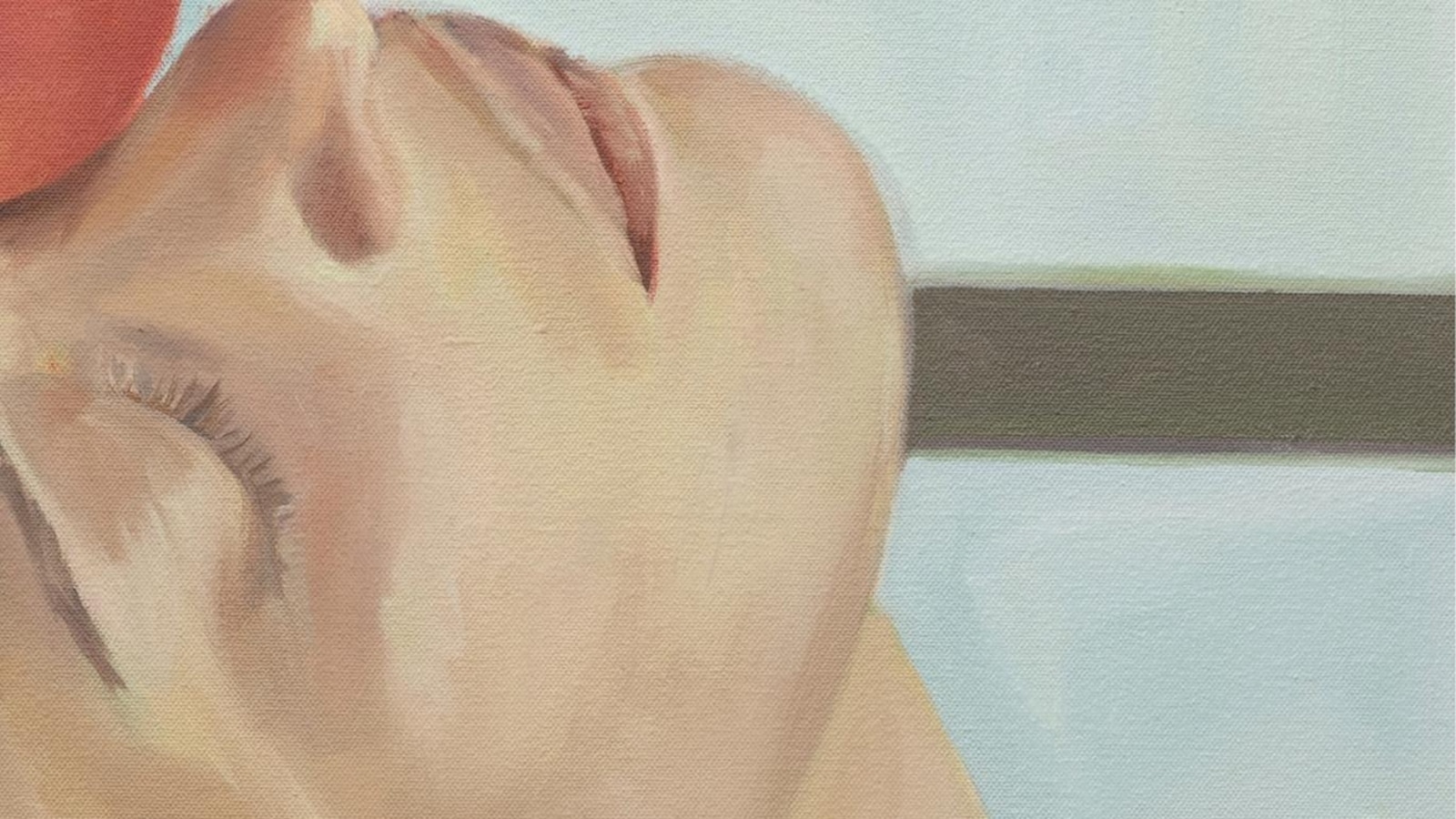If you’re a Francophile with an interest in psychoanalysis, Lauren Elkin’s smart and steamy debut novel, “Scaffolding,” might be for you.
Even if you’re just a reader looking for an intriguing story of longing and love among a smart corps of professionals in France, Elkin’s book can be a tantalizing puzzle—and a deep intellectual dive.
It features a swinging polyamorous cast, but the erudite Elkins – a French-American translator, author and essayist on art and culture – writes with serious intentions.
Set in modern-day Paris, the city’s historic sights and charms provide a backdrop to the story, largely narrated by Anna, a 39-year-old psychoanalyst. She had a miscarriage and fell into depression. She takes a leave of absence from work and finds that her own psychiatrist offers little help. Her husband, David, a lawyer, is in London, working on a long Brexit case.
Clementine enters. She is smart, vibrant, with the physique of a young art model and a zeal for feminist causes. She has moved into a nearby apartment with her boyfriend Jonathan, also a lawyer with a heavy workload. She has time to share with Anna.
There are baguettes from a local bakery, lots of wine and deep, annoying conversations amid cigarette smoke. Over time, melancholy Anna and her bubbly new friend reveal much about themselves and past intimacies.
As their lives become intertwined, Anna is besieged by relentless sounds of renovation work in her apartment building. Soon, scaffolding is erected over her windows and an invasive cracking and scraping of the building’s blackened outer crust begins. Meanwhile, in their apartment, Anna and David finally start renovating the old, gloomy kitchen, expanding and brightening the space by removing a wall.
The incessant grinding sounds of demolition and reconstruction reflect the transition of the apartment space, but also serve figuratively as the arc of Anna’s life moves through those rooms.
The novel is often written in short pages, thoughts and memories that resemble entries in a diary. Elsewhere, the story revolves around a century or more of psychoanalytic concepts, mostly from Sigmund Freud to Jacques Lacan.
Many Americans will have at least heard of Freud. But many more people will not know Lacan at all. Lacan, a Parisian who died in 1981, interpreted Freud while creating daunting new theories in this area. In ‘Scaffolding’ Anna struggles with these dense Lacanian thoughts, and the novel in a sense revolves around the deeds and misdeeds of his enthusiastic followers.
The story is told in three parts. The first and last are set in Anna’s modern-day Paris, where Clementine and feminist allies surreptitiously erect protest signs at night, denouncing abuse of men and violence against women. The middle section of the book is set decades earlier, in mid-20th century France, when Lacan was still alive and considered a maestro by his acolytes. The focus here is on the desires and torments of two new characters: Florence, a Lacan follower who wants to have a baby, and her husband, Henry, a paralegal who doesn’t.
The changing of time periods and narrators makes the story resemble a where-does-this-fit puzzle, sometimes a challenge. But the eventual merging is part of what makes “Scaffolding” overall a pleasure — perhaps even therapeutic.
___
AP Book Reviews: https://apnews.com/hub/book-reviews




















